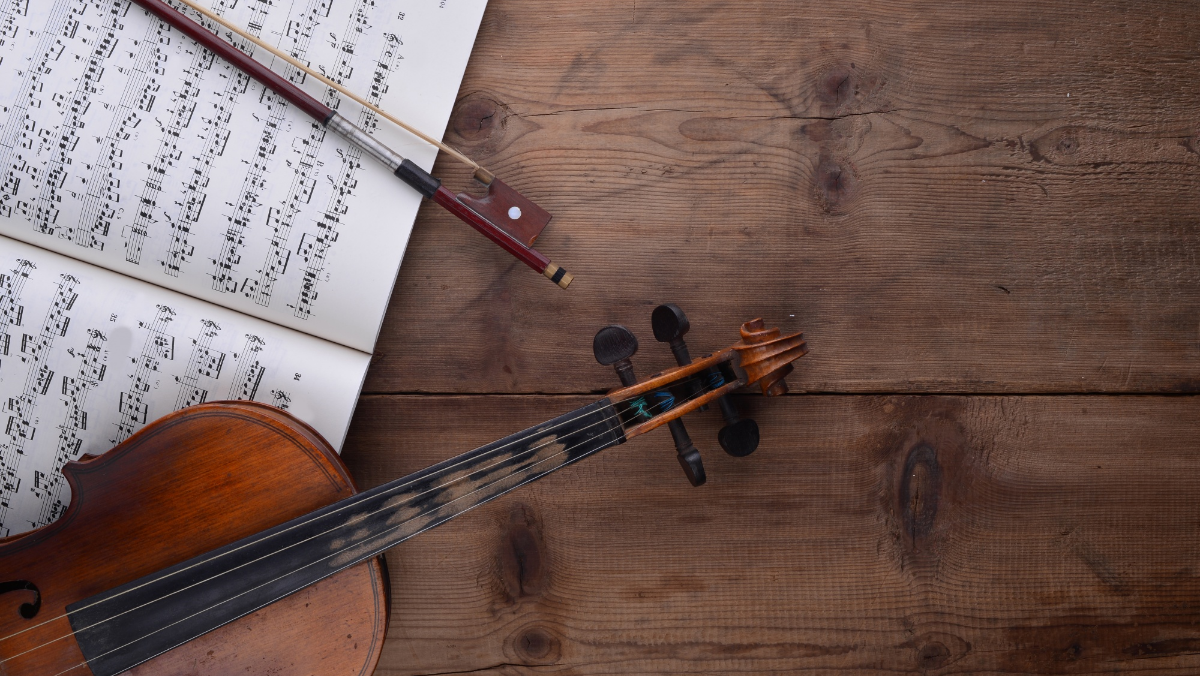Magic Mozart is a new NFT collection from the Web3 community, Living Opera, which aims to bring the world of classical music into the digital age.
Classical music has survived for centuries but has often been seen as a stuffy and elitist art form. While it has a devoted following, it has struggled to find new audiences in recent years.
Although a quarter of people aged 18 to 34 say they enjoy listening to classical music, it’s not clear how many are being 100% honest. According to a 2019 survey conducted by YouGov, more than half of people in America can’t actually name a classical music composer.
This is where blockchain comes in.
What’s Living Opera?
Living Opera is a well-known Web3 startup that has been working on ways to bring blockchain technology to the world of classical music. They’ve already released a number of NFT projects that have been well-received by the crypto community.
The latest is their Magic Mozart NFT collection, which is a tribute to the 18th-century composer and his work. And by “his work,” we’re not just referring to his compositions but also his “musikalisches würfelspiele” concept.
So how does it work?
The Magic Mozart NFT Collection
Musikalische würfelspiele – roughly translated as “musical dice game” – is a game that was used to generate music from pre-composed options. These games were quite popular back in the day and were allegedly invented by Mozart himself.
The concept behind the Magic Mozart NFT collection is to apply this idea to the modern world of digital music. Using a special dice, users can generate random pieces of classical music.
Each NFT Living Opera sells features five layers of graphic artwork inspired by Mozart’s The Magic Flute. On top of that, each NFT also features a musical segment randomly generated by the user.
So not only are you getting a beautiful and unique piece of digital art, but you’re also getting a one-of-a-kind musical experience. And best of all, the proceeds from each sale go to support classical music education initiatives.
Can NFTs Really Save Classical Music?
So the answer to this question is too complicated for us to answer here. However, one thing is certain: classical musicians don’t have a problem using new technologies and platforms to reach new audiences.
Take, for example, the Dallas Symphony Orchestra. Last year, they released an NFT to raise funds for musicians affected by the pandemic. The NFT collection, sold for $50,000, managed not only to help musicians financially but to raise more awareness about the Dallas Symphony Orchestra.
Projects like these are a step in the right direction and could help classical music gain traction with a new generation of fans. Drawing direction from the wider world of crypto, it seems that NFTs could be the key to success for classical music in the digital age.
Engaging young people with classical music is essential to its survival. And if NFTs are the key to doing that, then we’re all for it.
Credit: Source link
































